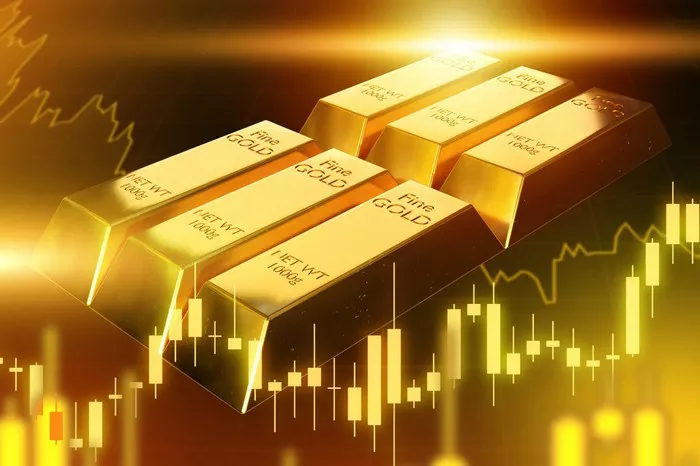The ongoing Israel-Iran conflict has had a surprisingly mild impact on gold prices, with a sustained rally appearing unlikely without wider economic disruptions, according to analysts at Julius Baer Research.
Gold has increased less than 1% since the initial Israeli strikes, a rise largely driven by speculators and automated futures trading rather than strong physical safe-haven demand, the firm noted.
While geopolitical tensions often cause brief gold price spikes, historical data shows these typically fade unless accompanied by significant economic fallout. Julius Baer highlighted the 1979–1980 oil crisis as a rare exception where conflict triggered a lasting gold rally.
The firm assesses the risk of major oil supply disruptions or a closure of the Strait of Hormuz as very low, and the restrained responses from allies of both nations further reduce the chance of wider regional escalation.
Nonetheless, Julius Baer views the conflict as a supportive factor for gold’s longer-term bullish outlook. Ongoing political and economic uncertainties should sustain demand from safe-haven investors, while central banks are expected to continue buying gold as they diversify away from the U.S. dollar.
The research team reaffirmed their constructive stance on gold, emphasizing solid fundamental support despite the muted market reaction to Middle East tensions.


